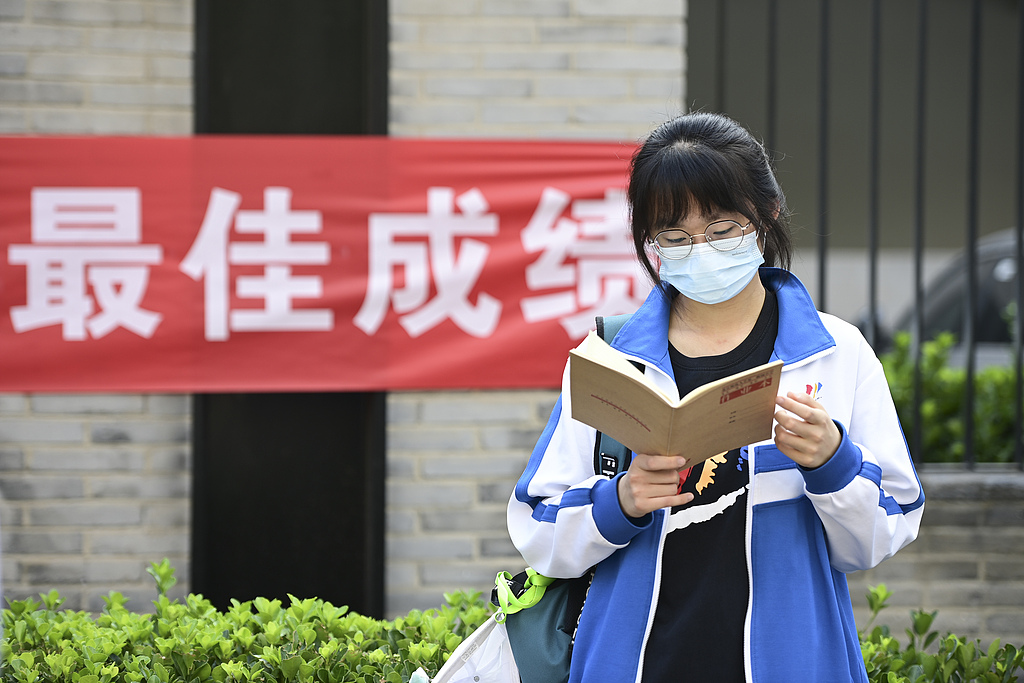
,), African swine fever is a highly contagious and often fatal disease that affects pigs. It has been a significant concern for livestock producers worldwide, particularly in regions where the disease is prevalent. The disease is caused by the African swine fever virus (ASFV), which is highly resilient and can survive in the environment for extended periods.
The spread of African swine fever is primarily facilitated through contact with infected animals or contaminated materials. This includes direct contact with infected pigs, consumption of contaminated food products, or exposure to contaminated surfaces. Farmers and veterinarians must be vigilant in identifying the symptoms of ASF in pigs, which include high fever, loss of appetite, and skin hemorrhages.
Preventing the spread of African swine fever requires strict biosecurity measures. These measures include controlling access to pig farms, proper sanitation of equipment and vehicles, and ensuring that feed and feed ingredients are not contaminated. Additionally, rapid detection and reporting of suspected cases are critical to containing outbreaks and minimizing economic losses.
The impact of African swine fever on the global pork industry has been substantial. In countries where the disease has become endemic, pork production has declined significantly, leading to increased prices and market instability. The economic consequences of ASF extend beyond agriculture, affecting related industries such as feed production, transportation, and retail.
In recent years, there have been concerted efforts to develop vaccines and improve disease management strategies. However, finding an effective vaccine has proven challenging due to the complex nature of the ASFV. Researchers continue to work tirelessly to understand the virus better and develop interventions that can protect pigs and ensure the sustainability of the pork industry.
Farmers and policymakers must remain proactive in implementing and enforcing biosecurity protocols. Public awareness campaigns can also play a crucial role in educating consumers and stakeholders about the risks of ASF and the importance of adhering to preventive measures. By working together, the global community can mitigate the impact of African swine fever and safeguard the future of pork production.



























































